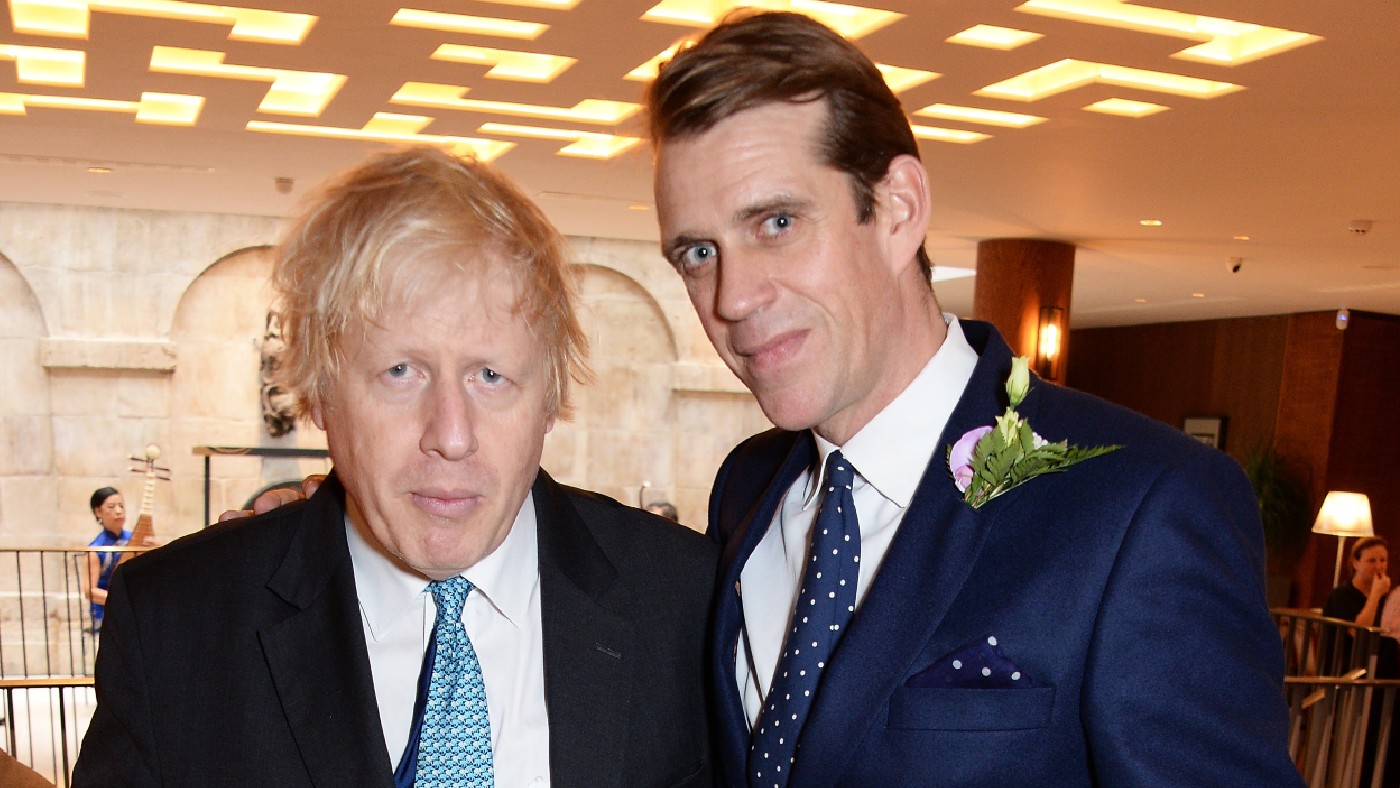Cronyism and the Conservatives: is the UK’s democracy for sale?
‘If this was happening in Iraq, Zimbabwe or Venezuela, we’d call it what it is: corruption’

A free daily email with the biggest news stories of the day – and the best features from TheWeek.com
You are now subscribed
Your newsletter sign-up was successful
“Is the UK’s democracy for sale,” asked the Financial Times. Reporters from this newspaper have revealed the existence of a “select coterie of financiers and grandees” who belong to an invitation-only club known as the Advisory Board – and who enjoy frequent, direct access to Boris Johnson and Rishi Sunak.
The price of membership? Big donations to the Conservative Party, some as high as £250,000. What they discuss with ministers is not minuted. “The very existence of the board is not documented.” It exists in “a shadowy world of privileged access”.
Orchestrating it all is the Tory party co-chairman Ben Elliot, the founder of Quintessentially, a “concierge service” that caters to the super-rich: it secures restaurant reservations and society invitations; it advises on the best schools; it has even sourced “albino peacocks” for a Jennifer Lopez party.
The Week
Escape your echo chamber. Get the facts behind the news, plus analysis from multiple perspectives.

Sign up for The Week's Free Newsletters
From our morning news briefing to a weekly Good News Newsletter, get the best of The Week delivered directly to your inbox.
From our morning news briefing to a weekly Good News Newsletter, get the best of The Week delivered directly to your inbox.
That’s fine in business; but “allowing wealth to facilitate access” should not happen in government. Property developers, for instance, have paid £18m into Tory coffers since 2019. With major planning reforms in the works, that’s a clear conflict of interest.
Elliot is certainly well connected, said Robert Mendick in The Daily Telegraph: colleagues call him “Mr Access All Areas”. He’s the nephew of the Duchess of Cornwall and, by marriage, the Prince of Wales. It recently emerged that he arranged for a telecoms multimillionaire and philanthropist called Mohamed Amersi – a Quintessentially client – to have dinner with Prince Charles at Dumfries House in Scotland in 2013. Amersi later donated £1.2m to Prince Charles’s charities, and has given £750,000 to the Tory party.
Amersi’s meeting with Charles has caused a minor furore, said Sean O’Grady in The Independent. But should we really care if “social-climbing plutocrats” meet the heir to the throne? Yes, they might try to arrange favours in return for donating to the Prince’s charities. But they’d be disappointed: Prince Charles has no real power and “very little influence”.
Come to that, there’s nothing wrong with donating to a political party, said Daniel Hannan on Conservative Home – or with being a property developer. We know about these donations because they were duly registered with the Electoral Commission. There’s nothing furtive or “sinister” about them.
A free daily email with the biggest news stories of the day – and the best features from TheWeek.com
I disagree, said Sean O’Neill in The Times. Amersi used the euphemism “access capitalism” to describe how his wealth opened doors, allowing him to “wine and dine with the Prime Minister”. This case came soon after a report describing how the disgraced financier Lex Greensill had enjoyed “extraordinarily privileged” access to David Cameron’s government. And we have heard how friends and associates of MPs were able to wangle lucrative PPE contracts.
If this was happening in Iraq, Zimbabwe or Venezuela, we’d call it what it is: corruption. “The easy access to power granted to those with the fattest wallets is having a corrosive effect on trust in government and public life.”